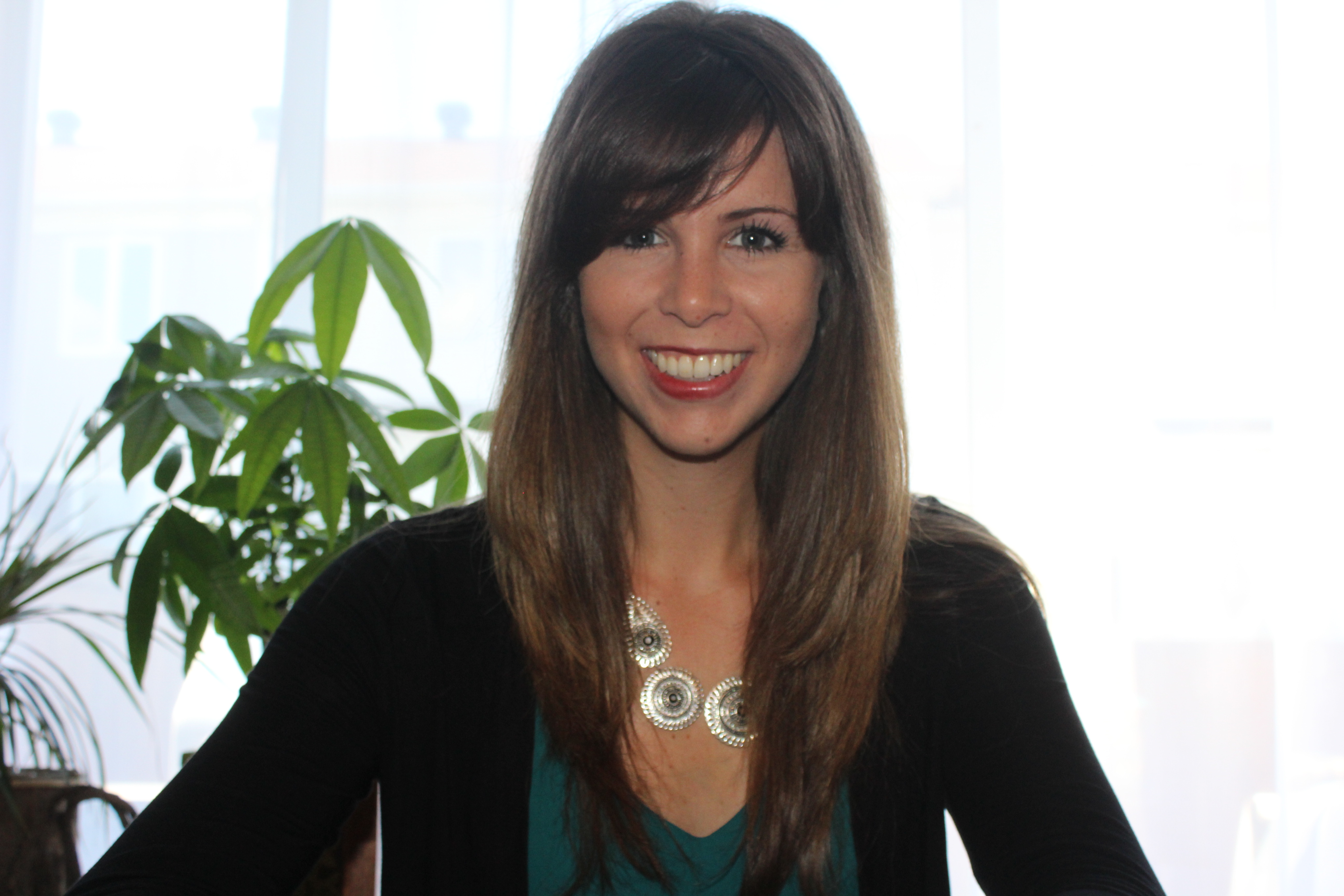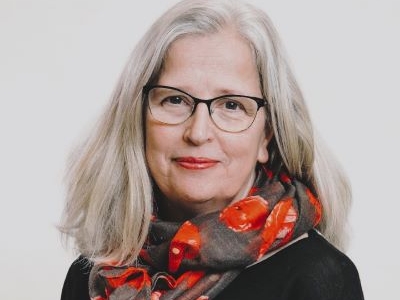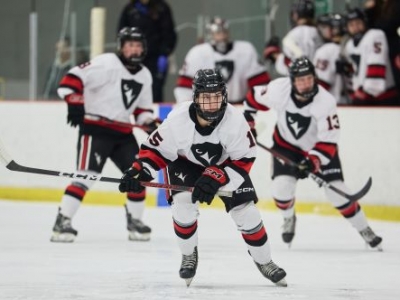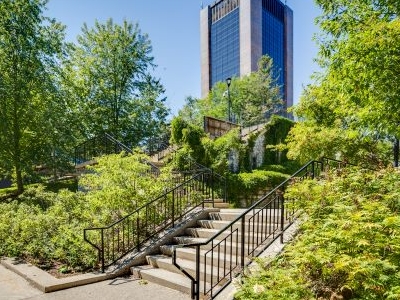For most people, waste management is just putting their garbage out at the end of their driveway every two weeks. Out of sight, out of mind!
“It’s not that simple,” says Courtney Berquist, “and I always wanted to learn more about it.”
During her undergraduate degree at Carleton University, she sought out an expert on landfills, Carleton Environmental Engineering Professor Dr. Paul Van Geel, and worked on a lab-based project with him and his research group.
“Everyone was so passionate about their research and supportive of doing post graduate work, that they made my decision to stay at Carleton to do graduate work very easy,” notes Berquist.

Grad Student Wins Prestigious Award
Berquist is now completing a Master of Applied Science in Environmental Engineering. And she has just won the Robert P. Stearns award from the Solid Waste Association of North America (SWANA). SWANA receives applications from all over Canada and the U.S. and chooses only one recipient each year.
Linda Churchill, President of the Ontario Chapter of SWANA, says: “The Ontario Chapter of SWANA is pleased to support Courtney’s outstanding research in solid waste research and we are very happy to see her research supported by the Solid Waste Association of North America organization.”
Berquist says that the $5,000 award is important to her. “It is so nice to have my hard work acknowledged, and to know that my research is viewed as valuable and important in the waste management industry.”
Earlier this year, she had an opportunity to present her work to the governing board of the SWANA Ontario chapter. “This not only allowed me to spread the word about the research we are doing here at Carleton, but I also received feedback from industry professionals that will help me to make my research even more valuable.”
Berquist’s Research on How to Manage Our Waste
Waste generation in Canada is increasing, despite increased awareness and education. Berquist’s research allows us to better understand how we can optimize the waste stabilization process, which reduces a landfill’s environmental footprint and provides an excellent waste-to-energy alternative through increased methane gas production.
The grad student explains: “Waste stabilization is important because it can reduce the contaminating lifespan of the waste and impact pre- and post-closure activities at the site. Waste stabilization prior to closure of a landfill will increase waste settlement and the amount of usable space within the landfill for waste disposal. It will also increase the gas generation for recovery as a green energy source.”
She continues: “After closure of the landfill, waste stabilization will impact the re-development options for the site.”
Grad Supervisor Makes a Difference
Berquist says she could not be happier about having Dr. Van Geel as her grad supervisor. “He is very supportive of me and my research, and helps to ensure I have the information and tools I need. He meets with me whenever I need, and reviews my work in a timely manner, providing me with clear and concise feedback that allows me to make adjustments as required. All of this allows me to continue to make progress, ensuring my success.”
For more information about a Master’s degree in Environmental Engineering, click here.
Tuesday, September 13, 2016 in Grad Student Research, News
Share: Twitter, Facebook




